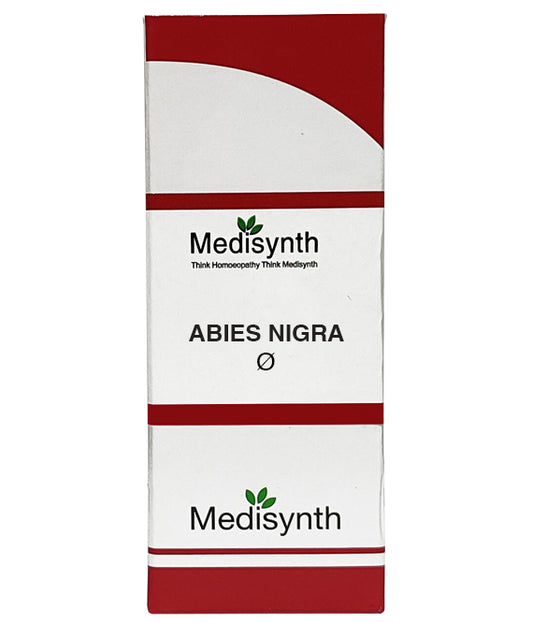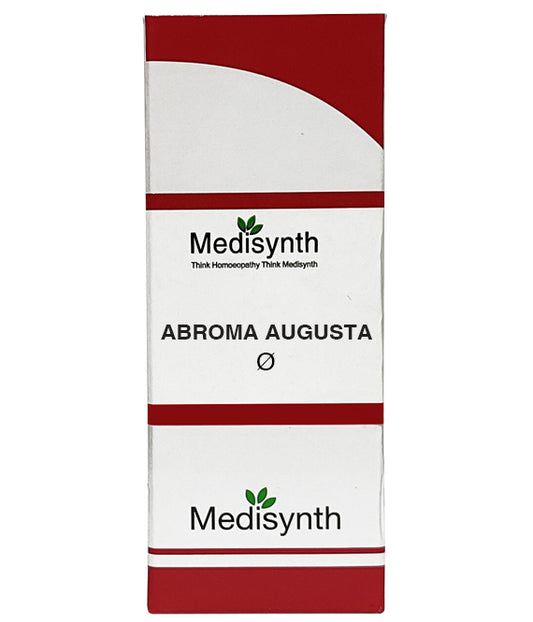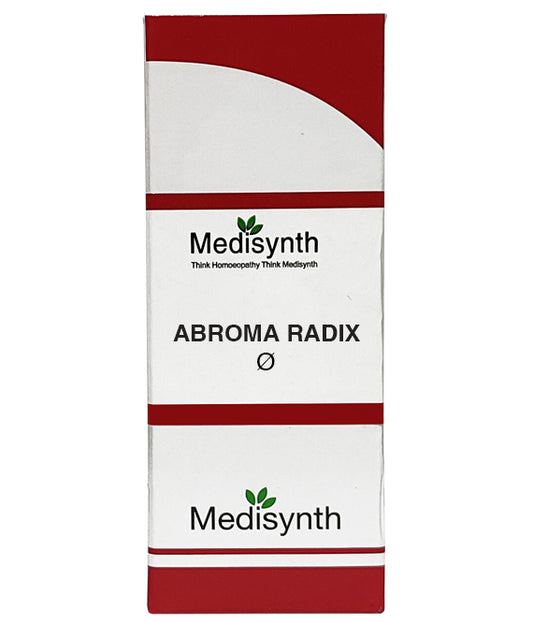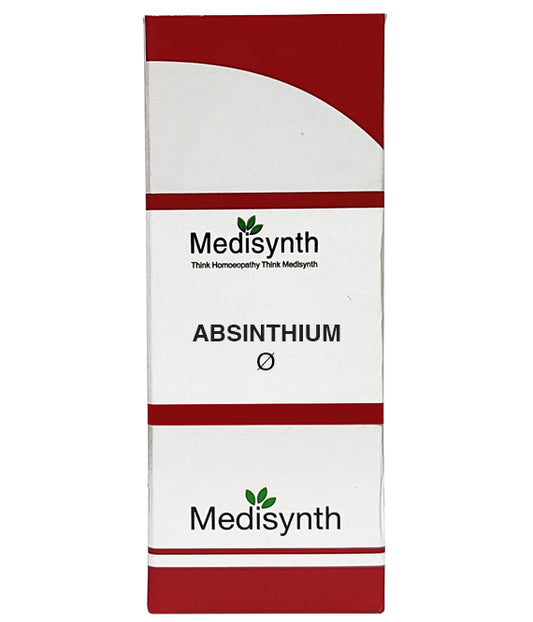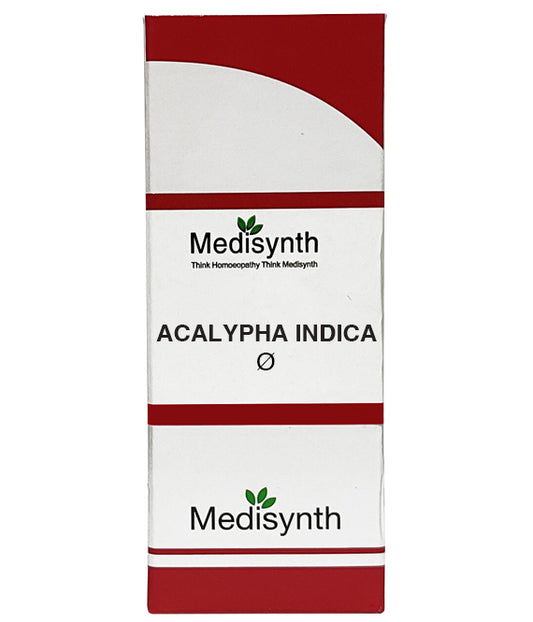What is Homeopathy and How it Works?

If you've ever wondered, “What is homeopathy and how does it work?”, you're not alone.
For over two centuries, homeopathy has been both embraced and questioned, praised for its gentle healing and critiqued for its unconventional methods.
But beneath the debate lies a complete system of medicine with its own principles, logic, and a surprising global following.
In this article, we’ll explore exactly how homeopathy works, what it’s based on, and how to know if it’s working for you.
Whether you’re curious, skeptical, or searching for a natural healing approach, you’ll find everything you need to understand the basic principles of homeopathy and its real-world applications.
What is Homeopathy?
Homeopathy is a system of medicine founded in the late 18th century by German physician Dr. Samuel Hahnemann.
It's based on the idea that the body can heal itself, and that a substance that causes symptoms in a healthy person can be used in tiny amounts to treat similar symptoms in someone who is ill.
This idea is often summed up in the Latin phrase: Similia similibus curentur, or "like cures like."
In other words, homeopathy doesn’t aim to suppress symptoms - it tries to stimulate the body’s natural healing response using potentised substances chosen specifically for how closely they match the symptoms being experienced.
How Does Homoeopathy Work?
To understand how homeopathy works, we need to explore the three core processes that define it:
- Similars (The Law of Similars): This is the foundational rule - a substance that causes symptoms in a healthy person can be used to treat those same symptoms in a sick person. For example, onions cause watery eyes and a runny nose; therefore, the homeopathic remedy Allium cepa (made from onion) is often used to treat hay fever or colds with those symptoms.
- Minimum Dose: Homeopathic remedies are diluted & potentised repeatedly to reduce toxicity and enhance energetic effects. The dilution process is paired with succussion (vigorous shaking), which practitioners believe imprints the energetic pattern of the original substance into the solution. The result? Higher the number of dilutions/succussions stronger the potency, yet, according to practitioners, it retains its healing effect. This is often where conventional medicine and homeopathy part ways.
- Individualization: Homeopathy treats the person, not just the disease. Two people with the same diagnosis (say, migraines) might receive completely different remedies, based on their emotional state, body type, symptom patterns, triggers, and even personality.
Together, these three ideas shape the entire practice of homeopathy. The remedies are chosen based not just on physical symptoms, but also on emotional and mental characteristics, making it a deeply personalized form of medicine.
The Basic Principles of Homeopathy
To go deeper into the principles of homeopathy, here are the six foundational ideas every homeopath follows:
- Law of Similars: As mentioned, “like cures like.”
- Law of the Minimum Dose: The lowest possible dose is the most effective and safest.
- Individualized Treatment: No two patients are treated the same way even if they have the same condition.
- Single Remedy at a Time: Classic homeopaths use one remedy at a time to observe its pure effects.
- Vital Force Concept: The body is governed by a vital energy (also called the vital force), and illness arises when this force is out of balance. Remedies aim to restore that balance.
- Potentization: The process of dilution and succussion creates a potent remedy, even when no measurable molecules of the original substance remains.
These basic principles of homeopathy separate it from herbalism or conventional drug therapy.
It's a completely different approach that focuses on energetic balance, symptom resonance, and subtle stimulation rather than biochemical action.
Does Homoeopathy Work?
Yes, homeopathy works - and not just in theory, but in the real lives of millions of people around the world who rely on it every day for safe, lasting relief.
When prescribed correctly and taken with the right approach, homeopathy has a remarkable ability to trigger the body’s own healing response without causing side effects or long-term dependency.
Homeopathy works by treating the root cause of illness - not just the outward symptoms.
It aligns with the body’s natural rhythms, encourages systemic balance, and supports long-term wellness.
From acute conditions like colds, coughs, and stomach troubles to chronic issues like allergies, migraines, asthma, and even emotional imbalances, homeopathy offers proven and personalized solutions.
What makes the system powerful is its precision. A well-matched remedy, chosen after considering the complete physical, mental, and emotional picture, often brings surprising and profound improvement.
Unlike one-size-fits-all treatments, homeopathy meets you where you are: as a whole person, not just a set of symptoms.
Across generations and across cultures, patients consistently report real results: reduced pain, better sleep, improved immunity, emotional clarity, and lasting vitality.
And unlike conventional drugs that often suppress, homeopathy nudges your body gently toward balance and health.
When guided by a qualified practitioner or chosen carefully through experience, homeopathy not only works but it empowers.
What Can Homeopathy Treat?
One of the most frequently asked questions is not just how does homeopathy work, but what exactly can it help with?
The truth is, homeopathy can be applied to a wide range of conditions, both acute and chronic, across physical, mental, and emotional health.
Acute Conditions:
Homeopathy is highly effective in treating short-term illnesses such as colds, fevers, sore throats, headaches, food poisoning, diarrhea, and minor injuries.
Remedies often act quickly and gently, helping the body resolve symptoms without suppressing them.
Chronic Conditions:
This is where homeopathy truly shines. It’s commonly used to manage long-standing issues such as allergies, asthma, eczema, arthritis, menstrual irregularities, PCOS, thyroid imbalance, digestive disorders, sleep problems, anxiety, depression, and more. Instead of lifelong symptom control, the goal is steady, lasting improvement over time.
Preventive and Constitutional Care:
Homeopathy is also used preventively, to strengthen the immune system, improve stress resilience, or support emotional well-being.
Some people take constitutional remedies (based on their overall physical and emotional makeup) to stay balanced throughout life transitions, seasonal changes, or periods of stress.
Because the system is holistic and individualized, homeopathy doesn’t work on a “disease name” basis - it treats the person experiencing the disease.
Two people with migraines may get completely different remedies, depending on how the pain feels, when it occurs, and what triggers or relieves it. This customization is exactly what makes it powerful.
Signs a Homeopathic Remedy Is Working
If you’re trying a remedy for the first time, you might wonder how to tell if it’s actually doing anything. Here are common signs a homeopathic remedy is working:
- Mild Symptom Flare-up (Healing Crisis): A temporary worsening of symptoms followed by improvement is often seen as a good sign that the body is responding.
- Improved Energy and Mood: Many people report feeling lighter, more positive, or more energetic before physical symptoms improve.
- Better Sleep and Digestion: Since homeopathy aims to balance the whole person, early signs often show up in improved sleep, bowel movements, and emotional resilience.
- Symptoms Move Outward or Reverse: A return of old symptoms or a shift of symptoms from deeper organs to the skin is interpreted as a sign of healing in homeopathic philosophy.
- Gradual and Sustained Relief: Unlike fast-acting conventional drugs, homeopathic remedies usually bring about slow, gentle, but lasting improvements.
Patience is key. Unlike painkillers or antibiotics, homeopathy doesn’t suppress but it nudges your system to fix itself.
Conclusion
So, how does homeopathy work? It works by tapping into the body’s own healing intelligence.
Through carefully matched remedies and individualized care, homeopathy encourages balance rather than forcing change.
Whether or not it fits into conventional definitions of pharmacology, millions of people turn to it daily for help, and many find what they’re looking for.
Understanding what homeopathy is and how it works means appreciating its philosophy, not just its pills.
It’s a system rooted in observation, experience, and a different way of seeing health: not as a battle, but as a balance.
Whether you’re already a believer or just starting to explore alternatives, knowing the principles of homeopathy helps you engage with it meaningfully and potentially, experience healing from the inside out.
Reference:
- What is Homeopathy? | HomeopathyCentre.org
